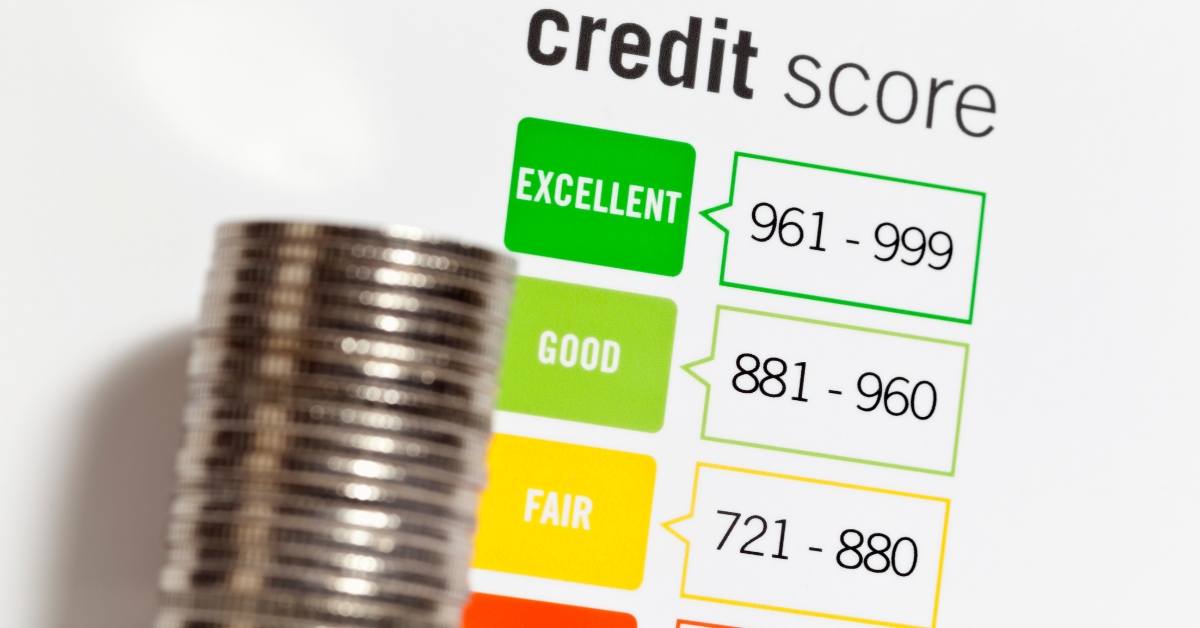Credit scores play a crucial role in financial transactions, determining an individual’s creditworthiness and influencing their ability to secure loans, obtain favorable interest rates, and access various financial opportunities. Credit scores are influenced by several factors, including payment history, credit utilization, length of credit history, types of credit used, and new credit inquiries. In this article, we will delve into the average credit scores by age group, exploring how credit scores tend to change over different stages of life.
Generation Z (Ages 18-24):
As the youngest age group, Generation Z individuals are just beginning to establish their credit profiles. Many in this group may not have significant credit histories, which can make it challenging to achieve high credit scores. However, responsible credit card usage and timely bill payments can help them build a positive credit history. On average, Generation Z typically has a credit score ranging from 580 to 630.
Millennials (Ages 25-40):
Millennials have experienced a diverse range of economic conditions and financial challenges, such as student loan debt and the impact of the 2008 financial crisis. Despite these obstacles, many Millennials have managed to establish credit and improve their scores. The average credit score for Millennials falls between 640 and 680, reflecting their efforts to build a solid credit foundation.
Generation X (Ages 41-55):
Generation X individuals have had more time to establish credit and typically exhibit a higher level of financial stability. This age group tends to have a more extensive credit history, which can positively impact their credit scores. With responsible credit management and consistent payments, Generation X often achieves average credit scores ranging from 660 to 720.
Baby Boomers (Ages 56-76)
Baby Boomers, nearing or in retirement, generally have the longest credit histories. This group often boasts the highest average credit scores due to their lengthy and well-managed credit profiles. With decades of experience in handling credit, Baby Boomers usually have credit scores between 700 and 760. Their established financial discipline and low credit utilization contribute to their strong credit positions.
Silent Generation (Ages 77 and above)
The Silent Generation has experienced significant economic changes throughout their lifetimes. While some members of this group may have limited credit activity, others may have a long credit history with low credit utilization. On average, the credit scores for the Silent Generation range from 680 to 740.
Understanding the average credit scores by age group provides valuable insights into how creditworthiness evolves throughout different stages of life. Younger generations, such as Generation Z and Millennials, face the challenge of building credit from scratch, while Generation X and Baby Boomers benefit from longer credit histories. Regardless of age, responsible credit management and consistent payment habits are essential for achieving and maintaining good credit scores. By cultivating healthy credit practices, individuals can enhance their financial opportunities and set themselves up for a secure financial future.










